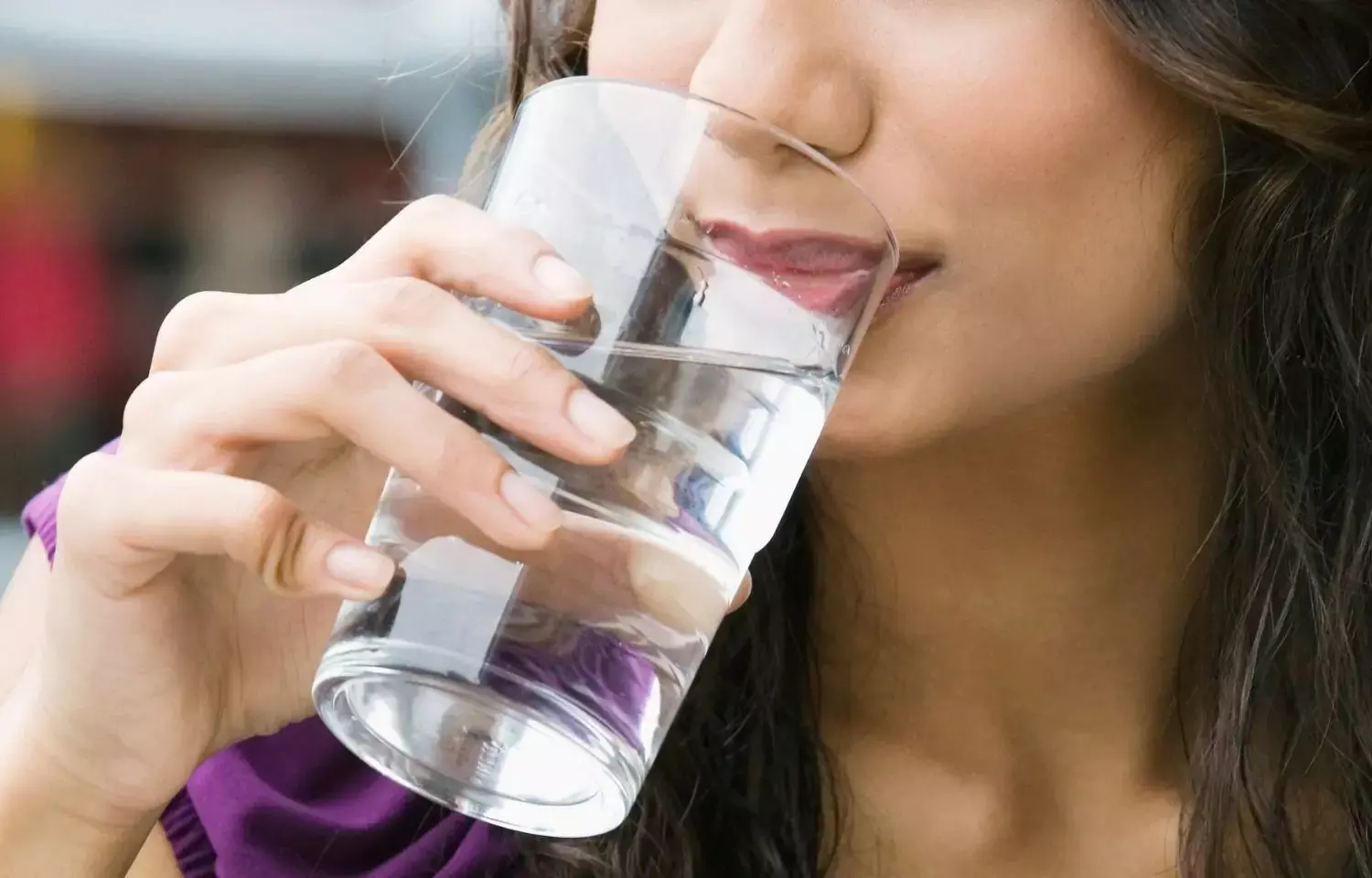- Home
- Medical news & Guidelines
- Anesthesiology
- Cardiology and CTVS
- Critical Care
- Dentistry
- Dermatology
- Diabetes and Endocrinology
- ENT
- Gastroenterology
- Medicine
- Nephrology
- Neurology
- Obstretics-Gynaecology
- Oncology
- Ophthalmology
- Orthopaedics
- Pediatrics-Neonatology
- Psychiatry
- Pulmonology
- Radiology
- Surgery
- Urology
- Laboratory Medicine
- Diet
- Nursing
- Paramedical
- Physiotherapy
- Health news
- Fact Check
- Bone Health Fact Check
- Brain Health Fact Check
- Cancer Related Fact Check
- Child Care Fact Check
- Dental and oral health fact check
- Diabetes and metabolic health fact check
- Diet and Nutrition Fact Check
- Eye and ENT Care Fact Check
- Fitness fact check
- Gut health fact check
- Heart health fact check
- Kidney health fact check
- Medical education fact check
- Men's health fact check
- Respiratory fact check
- Skin and hair care fact check
- Vaccine and Immunization fact check
- Women's health fact check
- AYUSH
- State News
- Andaman and Nicobar Islands
- Andhra Pradesh
- Arunachal Pradesh
- Assam
- Bihar
- Chandigarh
- Chattisgarh
- Dadra and Nagar Haveli
- Daman and Diu
- Delhi
- Goa
- Gujarat
- Haryana
- Himachal Pradesh
- Jammu & Kashmir
- Jharkhand
- Karnataka
- Kerala
- Ladakh
- Lakshadweep
- Madhya Pradesh
- Maharashtra
- Manipur
- Meghalaya
- Mizoram
- Nagaland
- Odisha
- Puducherry
- Punjab
- Rajasthan
- Sikkim
- Tamil Nadu
- Telangana
- Tripura
- Uttar Pradesh
- Uttrakhand
- West Bengal
- Medical Education
- Industry
Water intake in CKD improves or worsens disease? Study sheds light

France: Relation between plain water intake and progresion to kidney failure is not linear but U-shaped in patients with chronic kidney disease (CKD), reveals a recent study. This implies that both low and high water intake may not be beneficial for CKD patients. The study appears in the journal Nephrology Dialysis Transplantation.
Based on the study, the authors suggest, "an optimum range of 1–2 L/day water intake for CKD patients that needs to be confirmed in other cohorts or clinical trials." "This range may be recommended, with adjustments to thrst and excretion until new guidelines have reviewed evidence about hydration tailored for CKD patients," they wrote.
Not much is known about optimal daily water intake for preventing CKD progression. Considering this, Sandra Wagner, Université de Lorraine, Nancy, France, and colleagues aimed to the relation of kidney outcomes in patients with CKD to total and plain water intake and urine volume taking into account the kidney's urine-concentrating ability.
For the purpose, the researchers included 1265 CKD patients [median age 69 years; mean estimated glomerular filtration rate (eGFR) 32 mL/min/1.73 m2] from the Chronic Kidney Disease–Renal Epidemiology and Information Network cohort (2013–19). They assessed fluid intake at baseline interviews, collected 24-h urine volumes and estimated urine osmolarity (eUosm).
Hazard ratios (HRs) were estimated for kidney failure and eGFR decline associated with hydration markers using Cox and then linear mixed models after adjusting for CKD progression risk factors and eUosm.
Based on the study, the researchers found the following:
- Patients' median daily intake was 2.0 L for total water and 1.5 L for plain water, median urine volume was 1.9 L/24 h and mean eUosm was 374 ± 104 mosm/L.
- Neither total water intake nor urine volume was associated with either kidney outcome.
- Kidney failure risk increased significantly with decreasing eUosm ˂292 mosm/L.
- Adjusted HRs for kidney failure associated with plain water intake were 1.88, 1.59, 1.76 and 1.55 in patients drinking <0.5, 0.5–1.0, 1.5–2.0 and >2.0 L/day compared with those drinking 1.0–1.5 L/day.
- High plain water intake was also significantly associated with faster eGFR decline.
"These findings may have important clinical implications for CKD management," the authors concluded. "There is a need for further investigations in other cohorts and clinical trials to confirm the optimal level of water intake in CKD patients suggested by our results and define specific water recommendations tailored for non-dialysis CKD patients."
Reference:
Sandra Wagner, Thomas Merkling, Marie Metzger, Lise Bankir, Maurice Laville, Luc Frimat, Christian Combe, Christian Jacquelinet, Denis Fouque, Ziad A Massy, Bénédicte Stengel, for the CKD-REIN study group, Water intake and progression of chronic kidney disease: the CKD-REIN cohort study, Nephrology Dialysis Transplantation, Volume 37, Issue 4, April 2022, Pages 730–739, https://doi.org/10.1093/ndt/gfab036
Dr Kamal Kant Kohli-MBBS, DTCD- a chest specialist with more than 30 years of practice and a flair for writing clinical articles, Dr Kamal Kant Kohli joined Medical Dialogues as a Chief Editor of Medical News. Besides writing articles, as an editor, he proofreads and verifies all the medical content published on Medical Dialogues including those coming from journals, studies,medical conferences,guidelines etc. Email: drkohli@medicaldialogues.in. Contact no. 011-43720751


